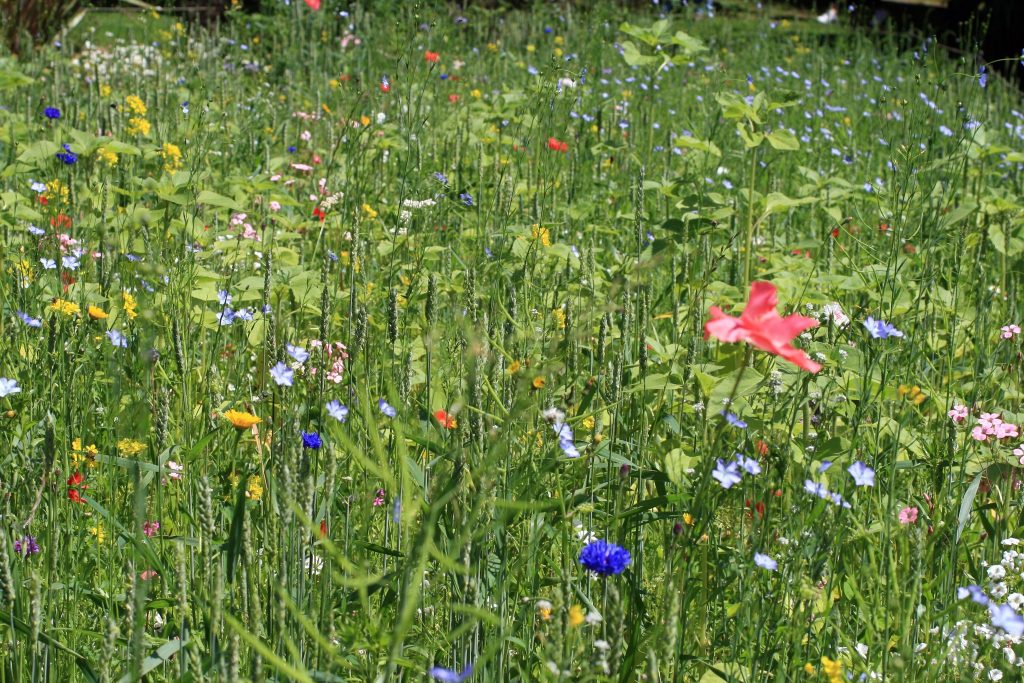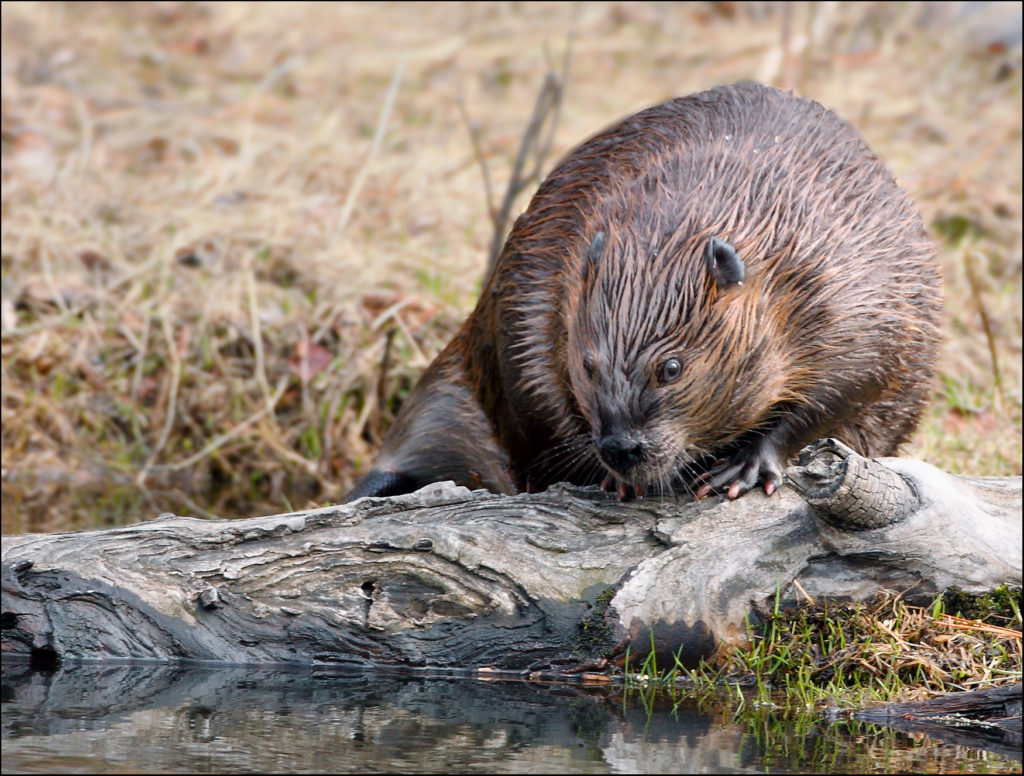The Guardian reports in the picturesque area in south-west England, farmers and conservationists are turning around the long decline.
Exmoor national park, like all of England’s national parks, has failed to protect nature since they were set up 75 years ago. Only 15% of Exmoor’s sites of special scientific interest are in favourable condition.
One reason is that most national park land is privately owned by farmers, who embraced fertiliser and pesticide-fuelled intensification in past decades, decimating wildlife. The parks own a tiny proportion of the land and have few powers outside planning controls.
But Holly Purdey is trying to reconcile farming and fauna. She took on the 81-hectare (200-acre) Horner farm in Exmoor national park in 2018, challenging herself to produce beef and lamb while restoring nature to land she says had been “trashed” by intensive farming.


